The International Monetary Fund (IMF) has revealed steps that it would take to assist Nigeria with the successful operation of the newly launched digital currency, the eNaira.
The Bretton wood institution said that it will continue to make itself available to the country by helping with technical assistance and policy advice.
This disclosure is contained in an IMF report titled, ‘Country Focus; Five Observations on Nigeria’s Central Bank Digital Currency, ‘by Jack Ree, an economist in the IMF African Department.
IMF in the report said that it has been involved in the eNaira rollout process, including with the provision of reviews of the product design.
What the IMF is saying
IMF maintained that it is ready to collaborate with the authorities on data analysis, cross-country studies, sharing the eNaira experience with other countries and discussing further evolution of the digital currency, which includes design regulatory framework and other aspects.
The report reads, ‘’The IMF remains available to help with technical assistance and policy advice. The IMF’s Monetary and Capital Markets Department has been involved in the eNaira rollout process, including by providing reviews of the product design. The 2021 IMF Article IV mission emphasized the need for monitoring risks and macro-financial impacts associated with a central bank digital currency.
‘’The IMF is ready to collaborate with the authorities on data analysis, cross-country studies, sharing the eNaira experience with other countries, and discussing further evolution of the eNaira including its design, regulatory framework, and other aspects.’’
What you should know
- Recall that on October 25, 2021, President Muhammadu Buhari, formally launched Nigeria’s digital currency, the eNaira, with an assertion that it is expected to increase Nigeria’s GDP by $29 billion over the next 10 years.
- With the launching, Nigeria became the first African country and one of the first in the world to introduce digital currency to its citizens, joining other countries like China, the Bahamas and Cambodia.
- The eNaira’s new payment system which has taken 4 years to crystallise, will drive financial inclusion, serve as a backbone for electronic payment in Nigeria, increase remittance, improve cross border trade and also enable the movement of more people from the informal to the formal sector, hence scaling up the tax base of the country.
- The IMF has, however, warned that Nigeria’s digital currency carries risks for monetary policy implementation, cyber security, operational resilience, and financial integrity and stability as the eNaira wallet may reduce the demand for deposit in commercial banks.

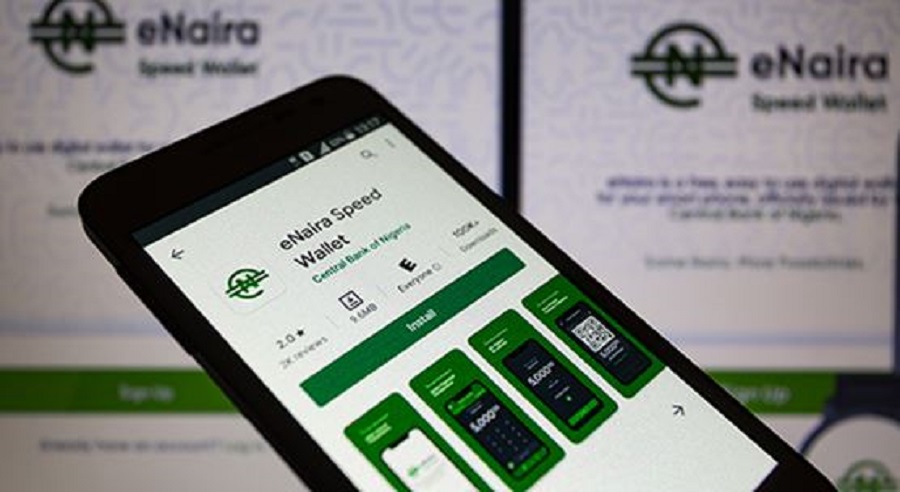


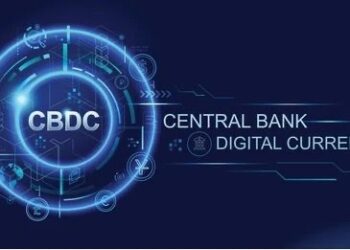
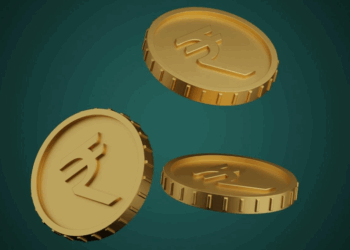
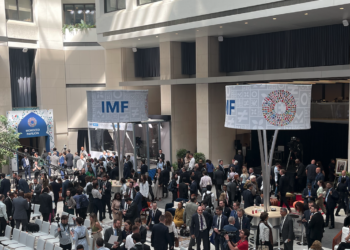

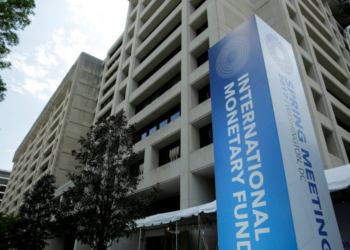









I want vaccination, where i get it?